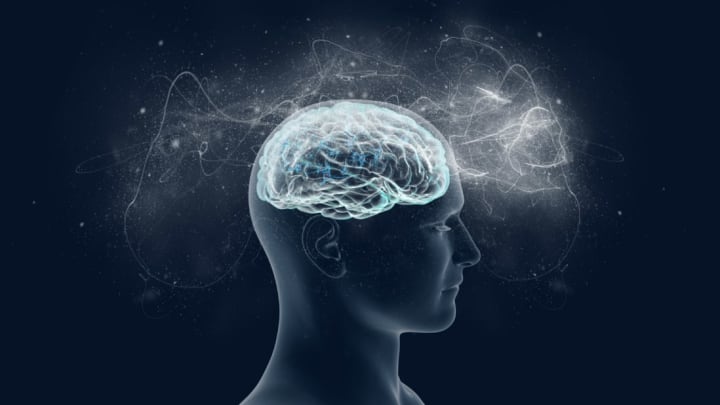If you’ve ever heard something that wasn't there—an auditory hallucination—you know that the sound seems very, very real. A new study suggests that it's easy to induce auditory hallucinations in people, but it's even easier in people who already claim to hear things that aren't there. The research was published in the journal Science.
Co-author Al Powers is a psychiatric researcher at Yale. Speaking in a study, he said hallucinations “…may arise from an imbalance between our expectations about the environment and the information we get from our senses.”
In other words, he says, "You may perceive what you expect, not what your senses are telling you."
Powers and his colleagues recruited 59 people to help them test that hypothesis. There were four groups of participants: people who heard voices and had been diagnosed with psychosis; people who had been diagnosed with psychosis but didn’t hear voices; people who heard voices but had not been diagnosed with any mental illness (we'll come back to that in a moment); and people who just plain didn't hear voices.
The third group was an unusual one: 15 self-professed psychics. These participants said that they heard voices every day, but unlike people in the first group—those diagnosed with psychosis who heard voices—they weren't bothered by the voices they claimed to hear. In fact, they took them to be communications from supernatural forces or entities.
All the participants then underwent brain scans. While they were in the scanner, the researchers used a combination of sounds and images to trick their brains into producing auditory hallucinations. First, participants were shown a checkerboard and played a sound. Then they were told to listen for the sound. Sometimes it played when the checkerboard appeared. Sometimes it didn't play at all, but the checkerboard showed, which led their brains to expect the sound would be played.
Members of all four groups experienced the hallucinations, hearing noises even in the silence. Their brain scans showed that they really were "hearing" the nonexistent sounds.
Unsurprisingly, the two groups of hallucination-prone people were more susceptible to hearing things. But when they were told that there had in fact been no sound, people with psychosis were less likely to believe it.
The authors say this difference could potentially help doctors spot, diagnose, and treat psychosis in their patients before it becomes severe.
